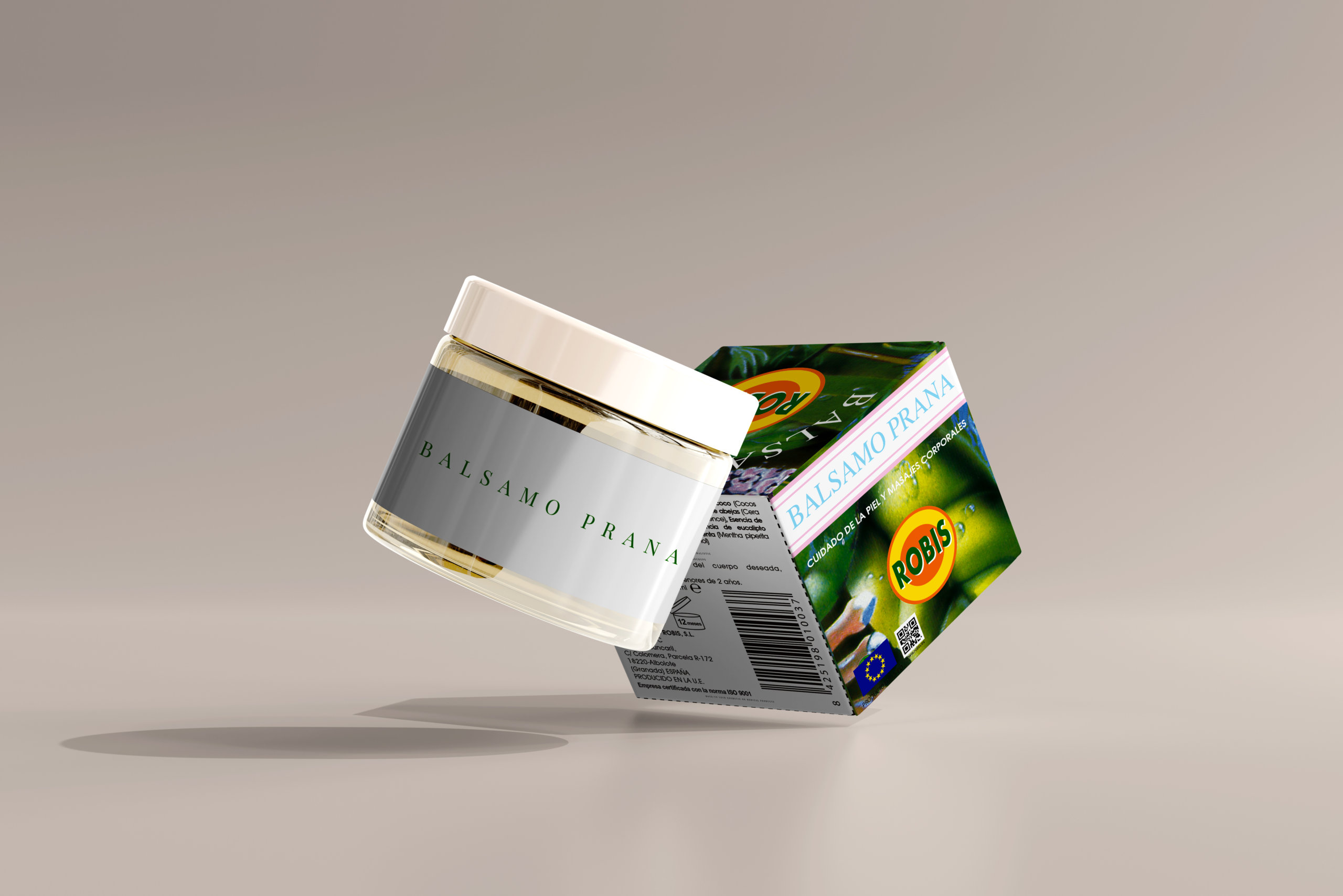
What is milk thistle used for?: Top 7 properties
Milk thistle is a common plant that has great benefits in the field of health care. In this article we tell you what milk thistle is used for and discover how it can help you gain health and well-being. Keep reading!
En este post podrás leer:
What is milk thistle used for? Top 7 properties
1. Better state in liver diseases
The consumption of milk thistle food supplements is very habitual. One of its prominent uses is to improve liver disease. And it contributes to the cleaning, repair and regeneration of the liver. For this reason, people with liver problems or who consume or have consumed alcohol in excess are advised. It is also very useful for those who regularly have to take aggressive drugs for the liver.
Milk thistle also provides other benefits, including protecting against toxic or harmful elements.
2. Lower blood sugar levels
Milk thistle is also recommended for people with type 2 diabetes. The reason? It contributes to lower blood sugar levels. This helps to avoid glycemic spikes in the blood, for example after a large meal. In any case, if you have diabetes, consult a specialist about the convenience or not of consuming milk thistle in any of its forms.
3. Relief of indigestion
Milk thistle is recommended for indigestion. And it contributes to alleviating the symptoms of this common disease. It does this in different ways, one of the most relevant being its contribution to the good digestion of fats, which in turn contributes to avoiding discomfort during this process. And how does he get it? Difficult to penetrate liver cells, and also stimulating protein synthesis, for better assimilation of the food eaten.
But not only in this way does milk thistle help relieve indigestion. It also favors the release of bile into the duodenum during digestion, avoiding discomfort during this process.
4. Help reduce fluid retention
Fluid retention by the body is a sadly common problem. And it is not only an aesthetic question, since it makes the body increase in volume. It is also a health problem that generates discomfort, such as heaviness in the legs, which leads to a loss of quality of life.
If you wonder what milk thistle is used for in this situation, the answer is very simple; contributes to drainage and the elimination of that excess fluid retained in the body. Therefore it is used as a weight loss aid. But also to avoid swelling of the legs and other problems typical of fluid retention.
5. Relief of irritable colon
The irritable colon is a disorder that generates significant discomforts such as abdominal pain, bloating, and episodes of diarrhea and constipation. The consumption of milk thistle supplements contributes to the relief of these symptoms that cause discomfort and harm the quality of life of those who suffer them.
6. Contribute to the reduction of hypercholesterolemia
Among the uses of milk thistle it also highlights its contribution to reduce bad cholesterol levels in the blood, something it achieves by making it difficult for fat to penetrate liver cells.
7. Combat gallstones
Milk thistle can help to improve the stones or stones in the gallbladder. In this case, the supplements of this medicinal plant help to stimulate the secretion of bile, improving digestion by reducing the obstruction of the bile ducts.
The consumption of this medicinal plant should never be done with plants collected directly from the field without knowing if they are contaminated or the amount of active ingredients they contain. For safety, it must be done through food supplements, made in suitable environments with plants from controlled crops such as food supplements from robis.es.



